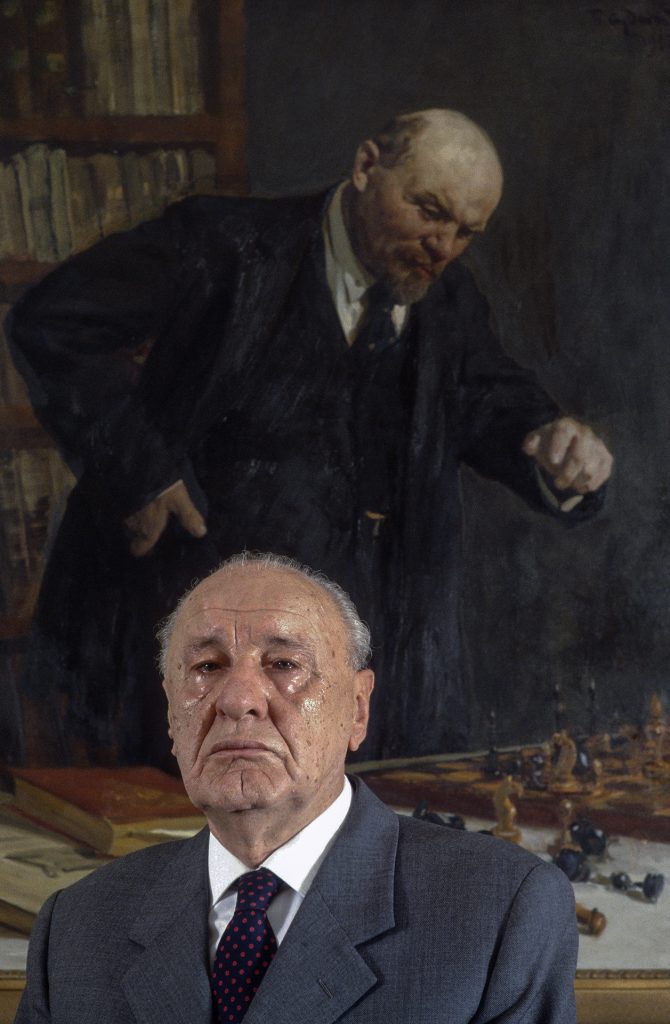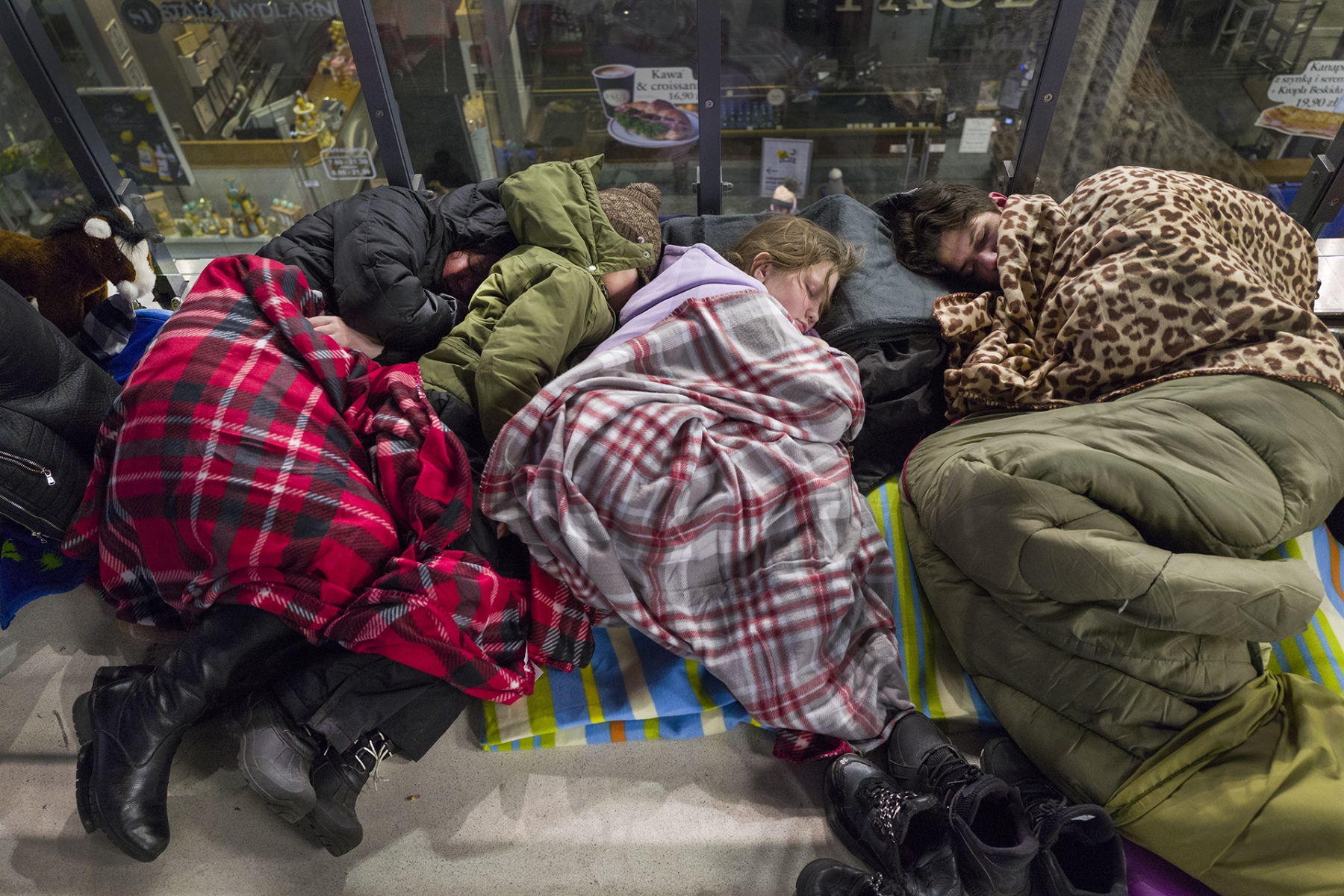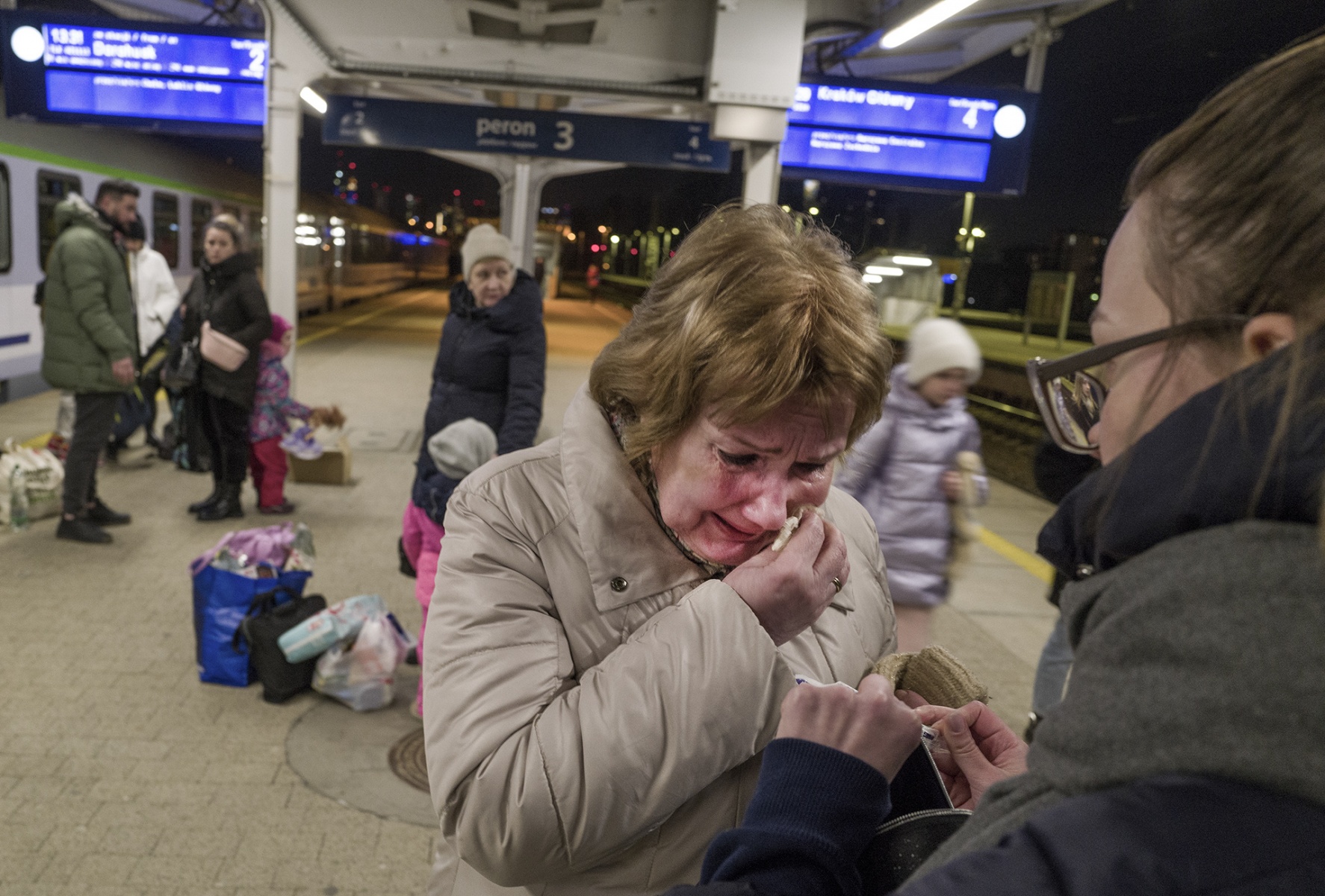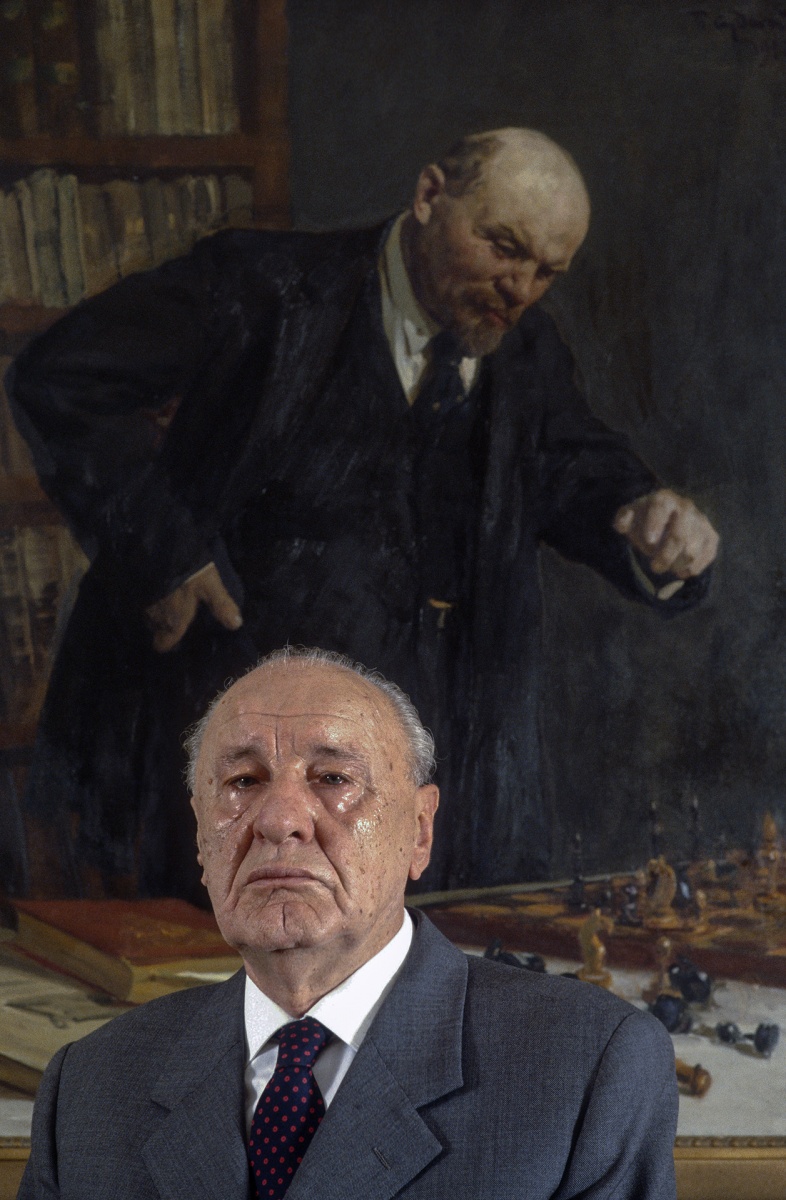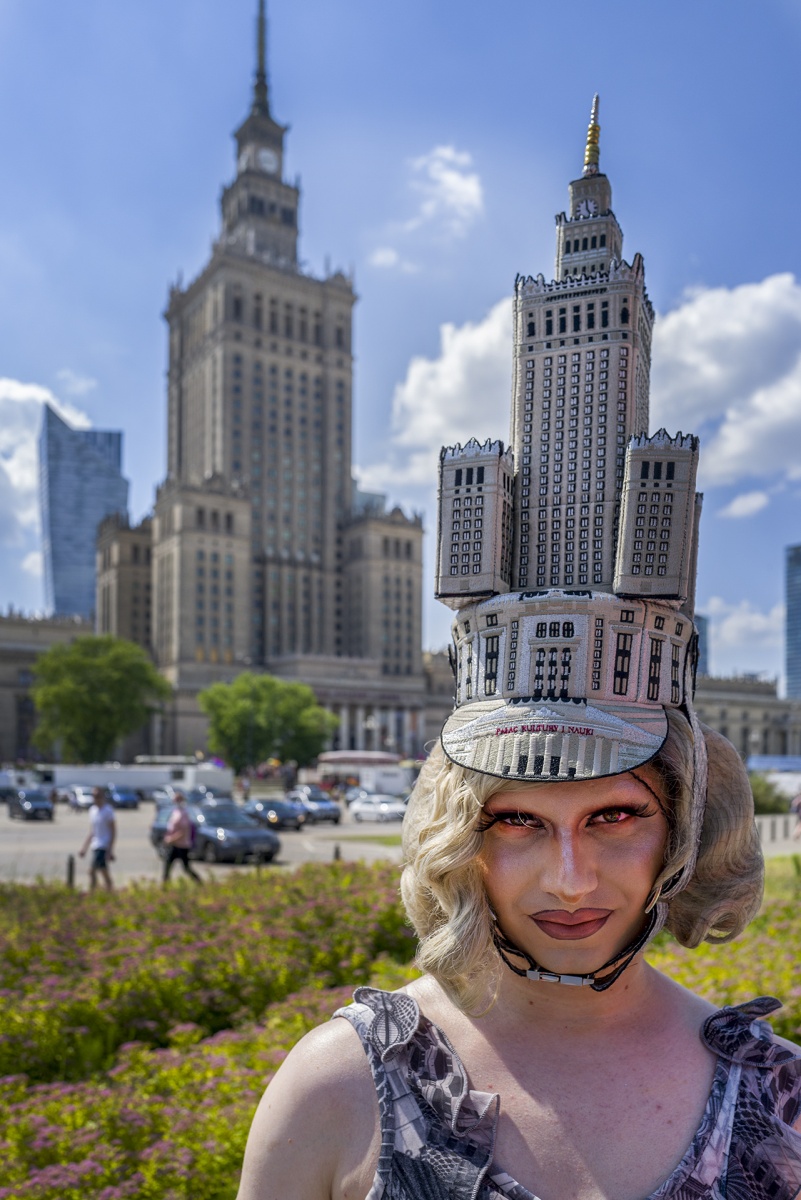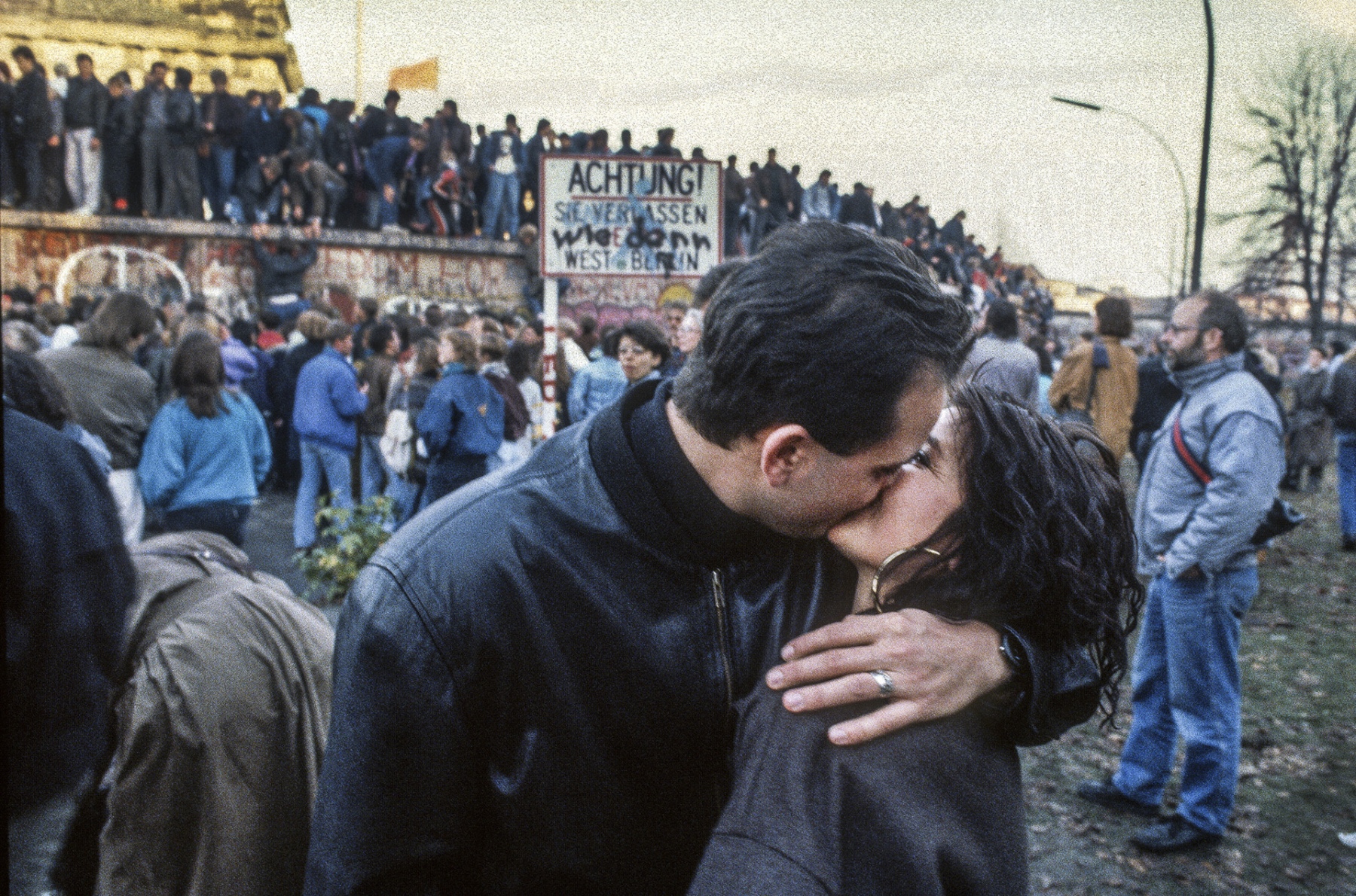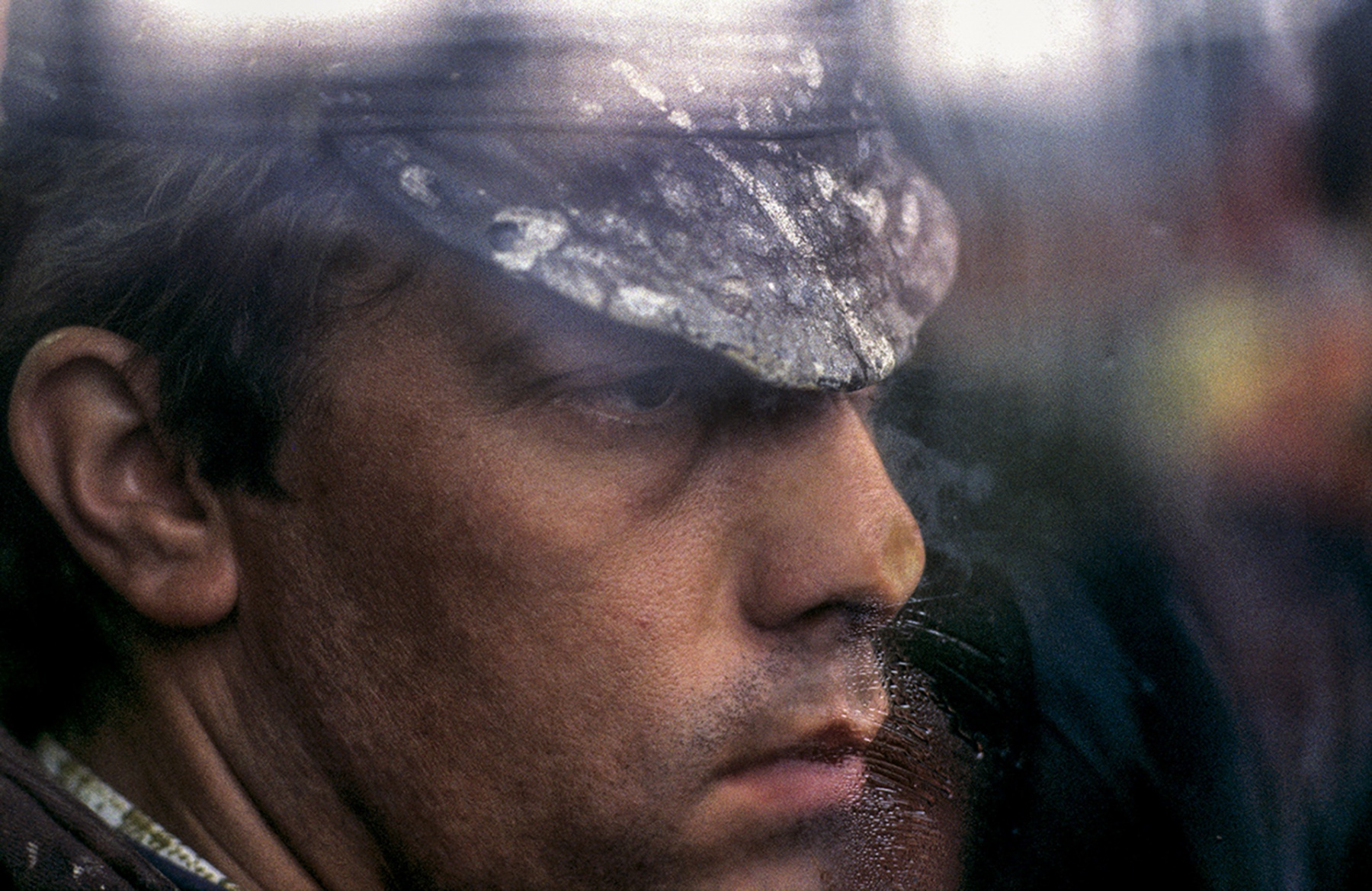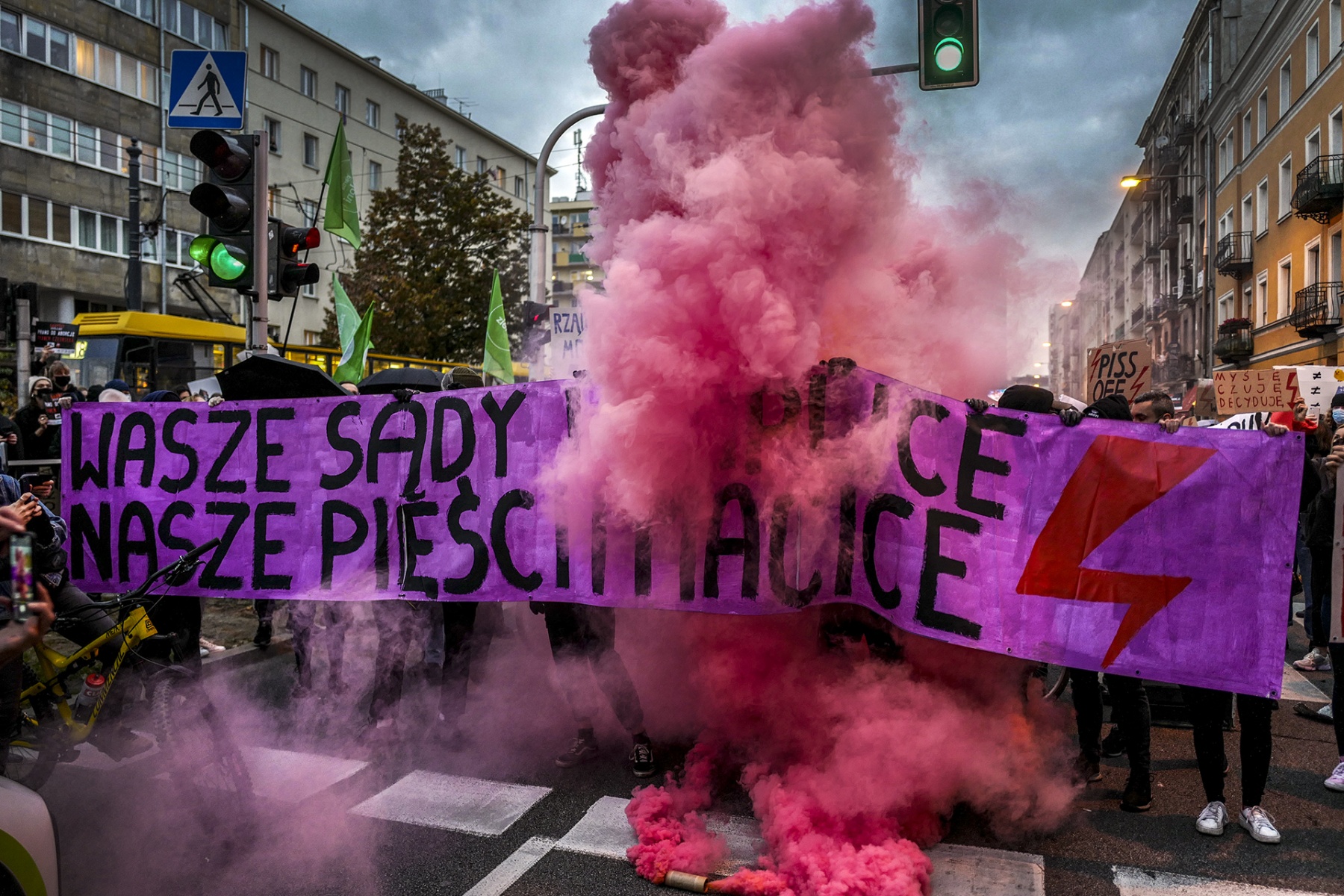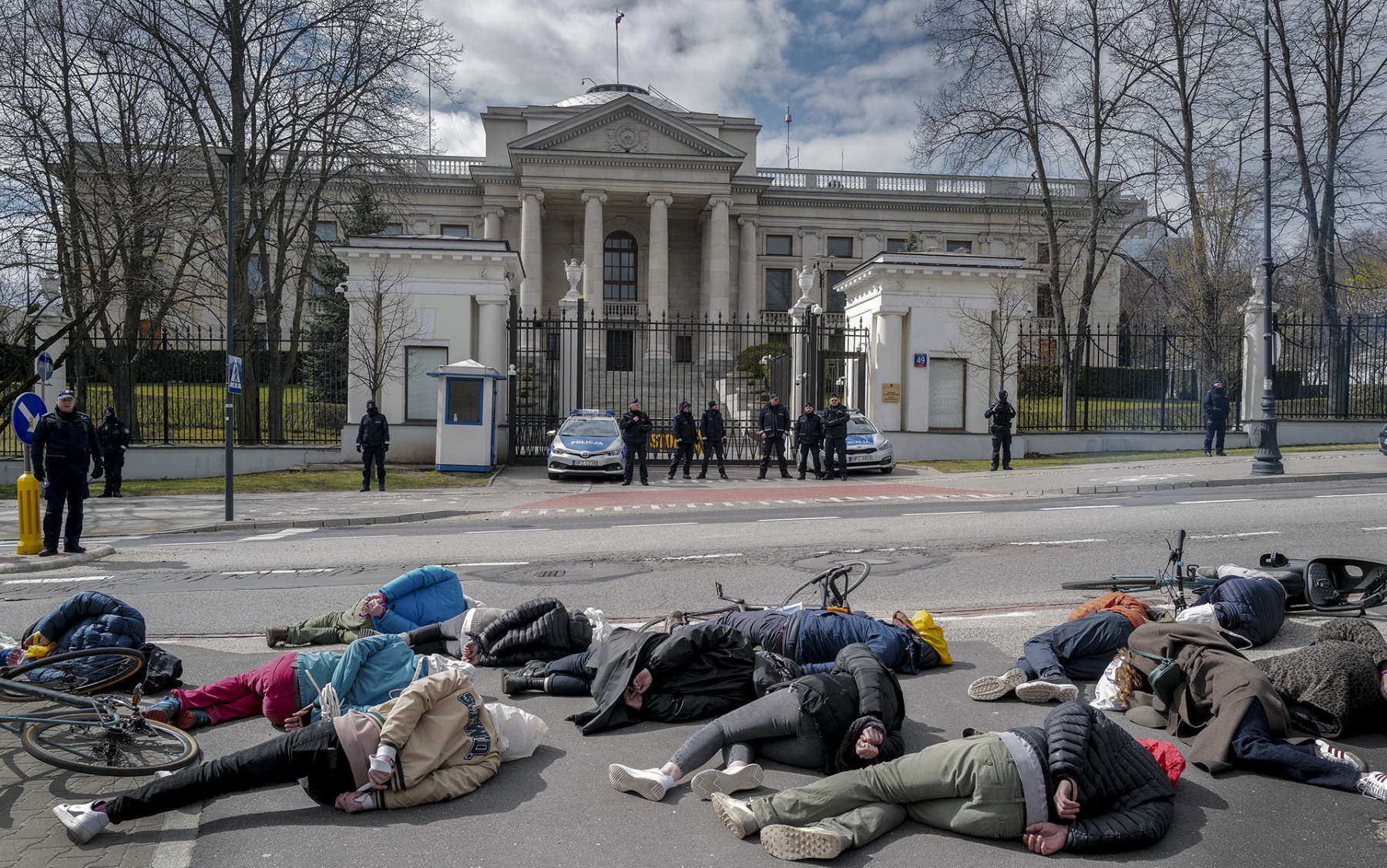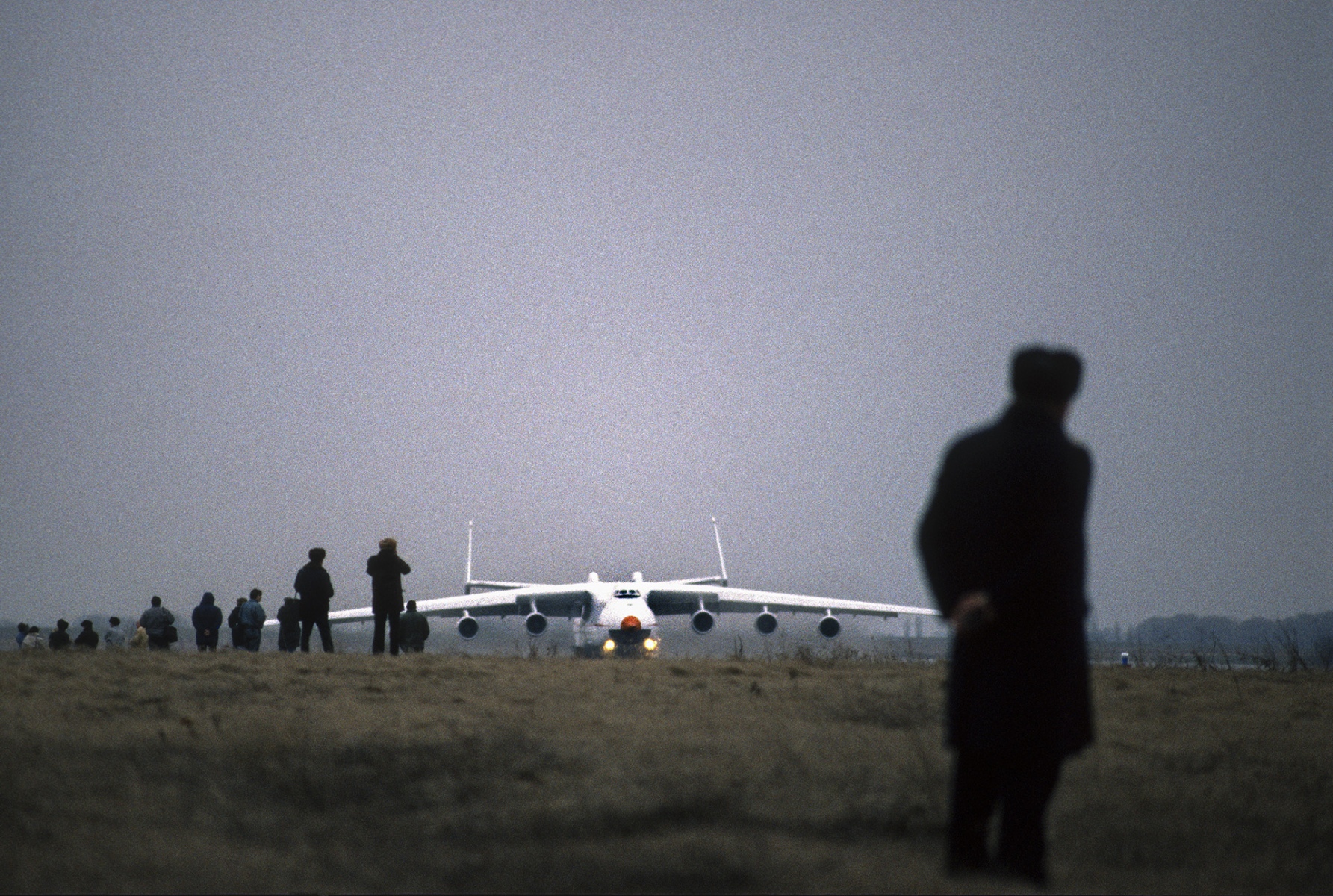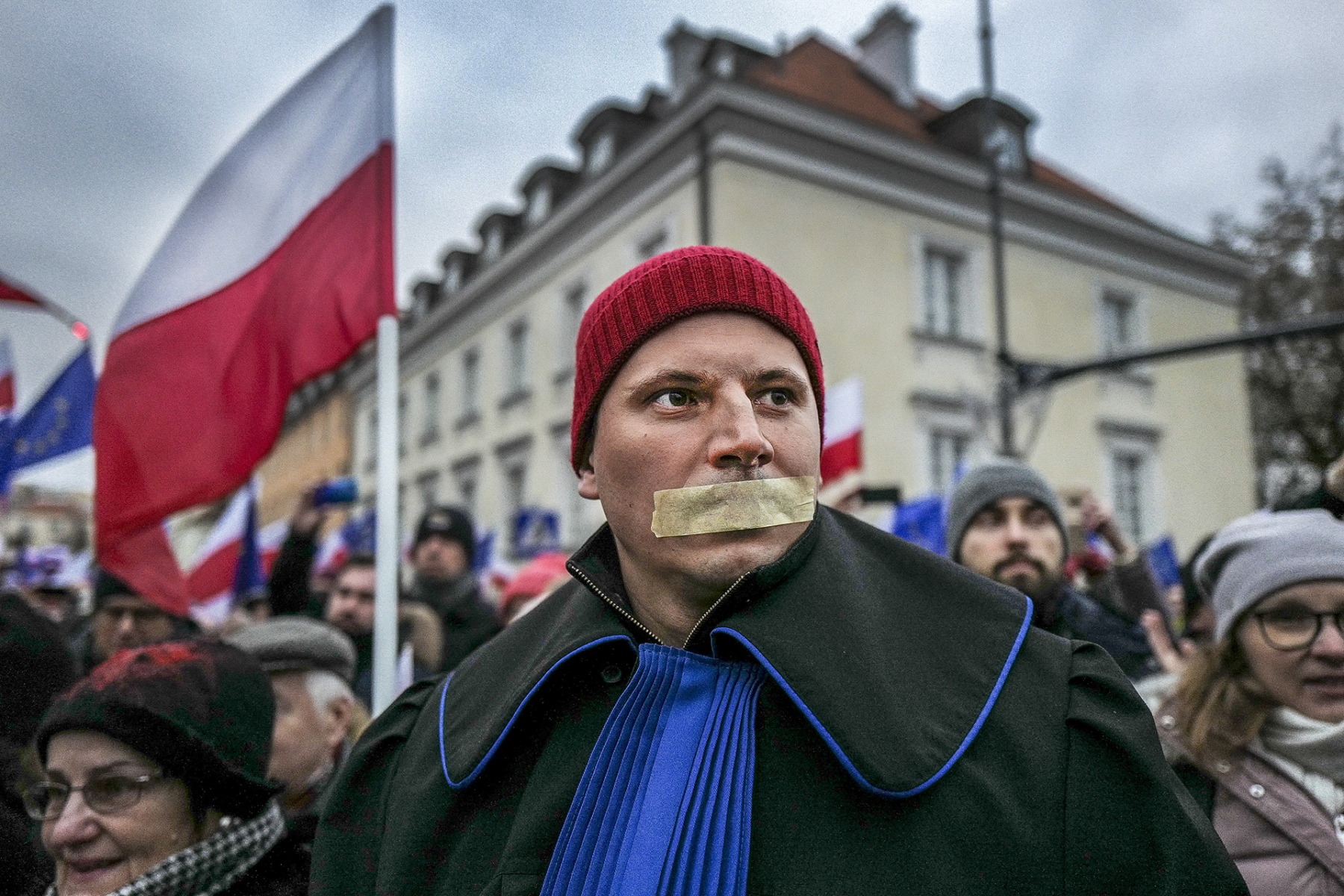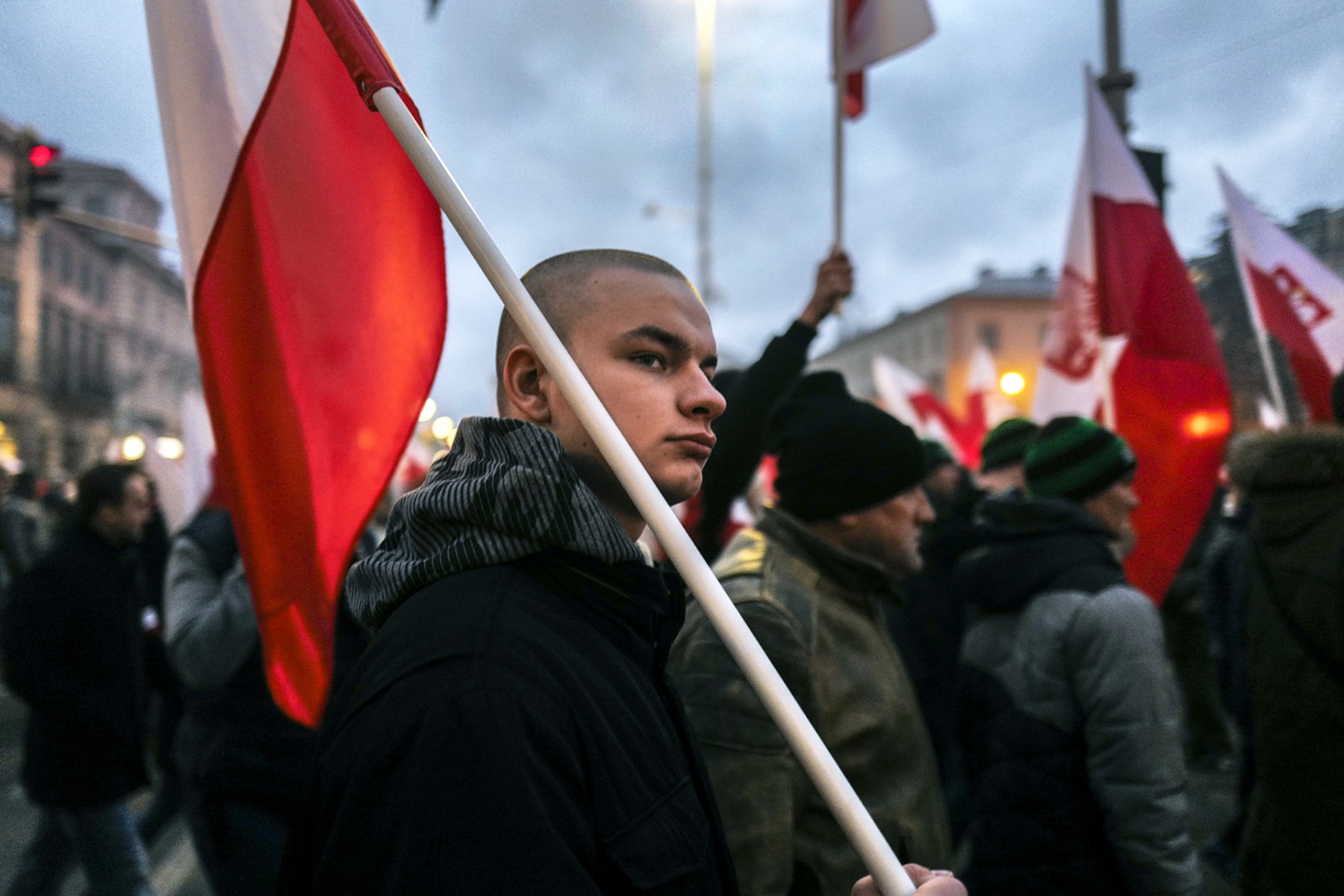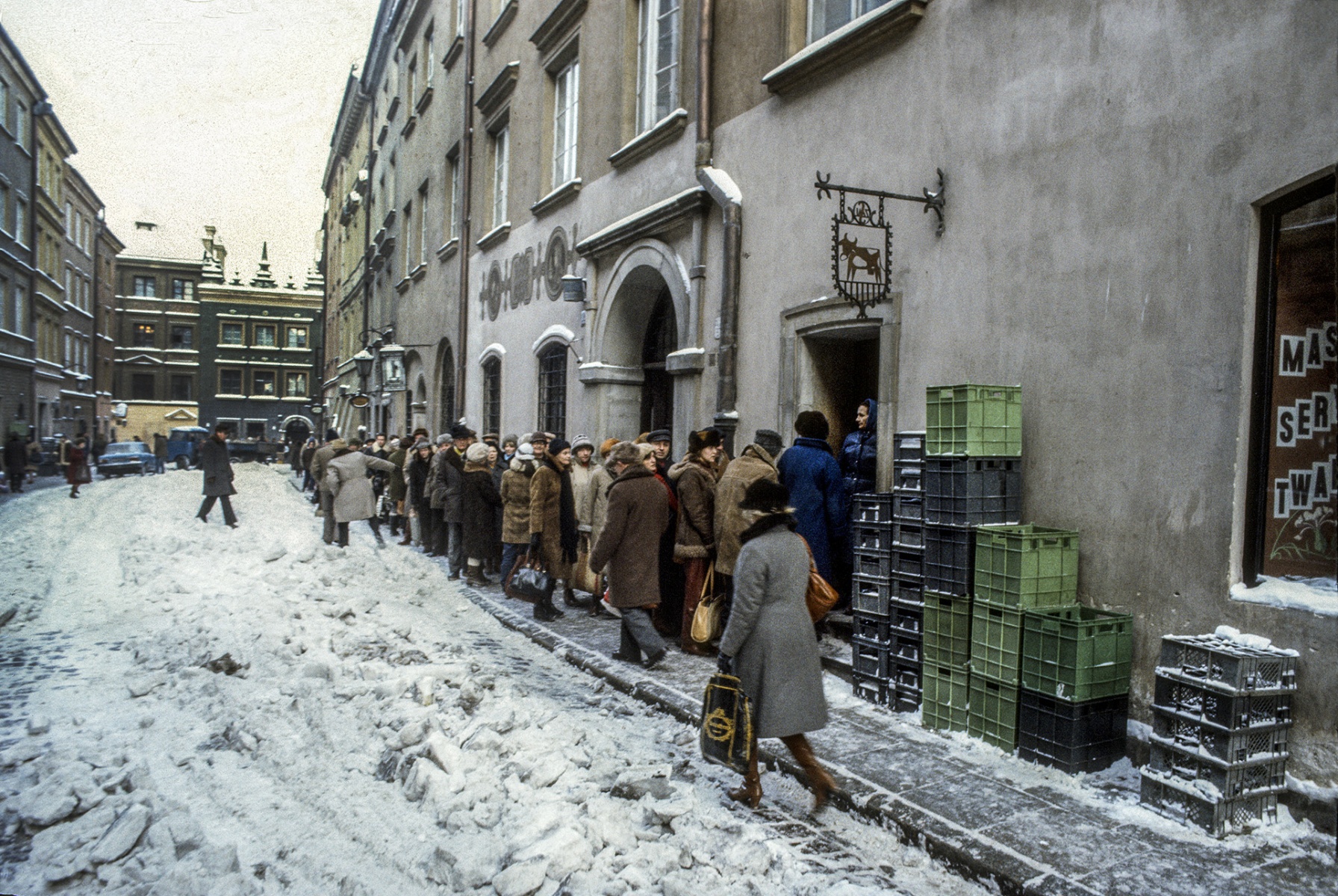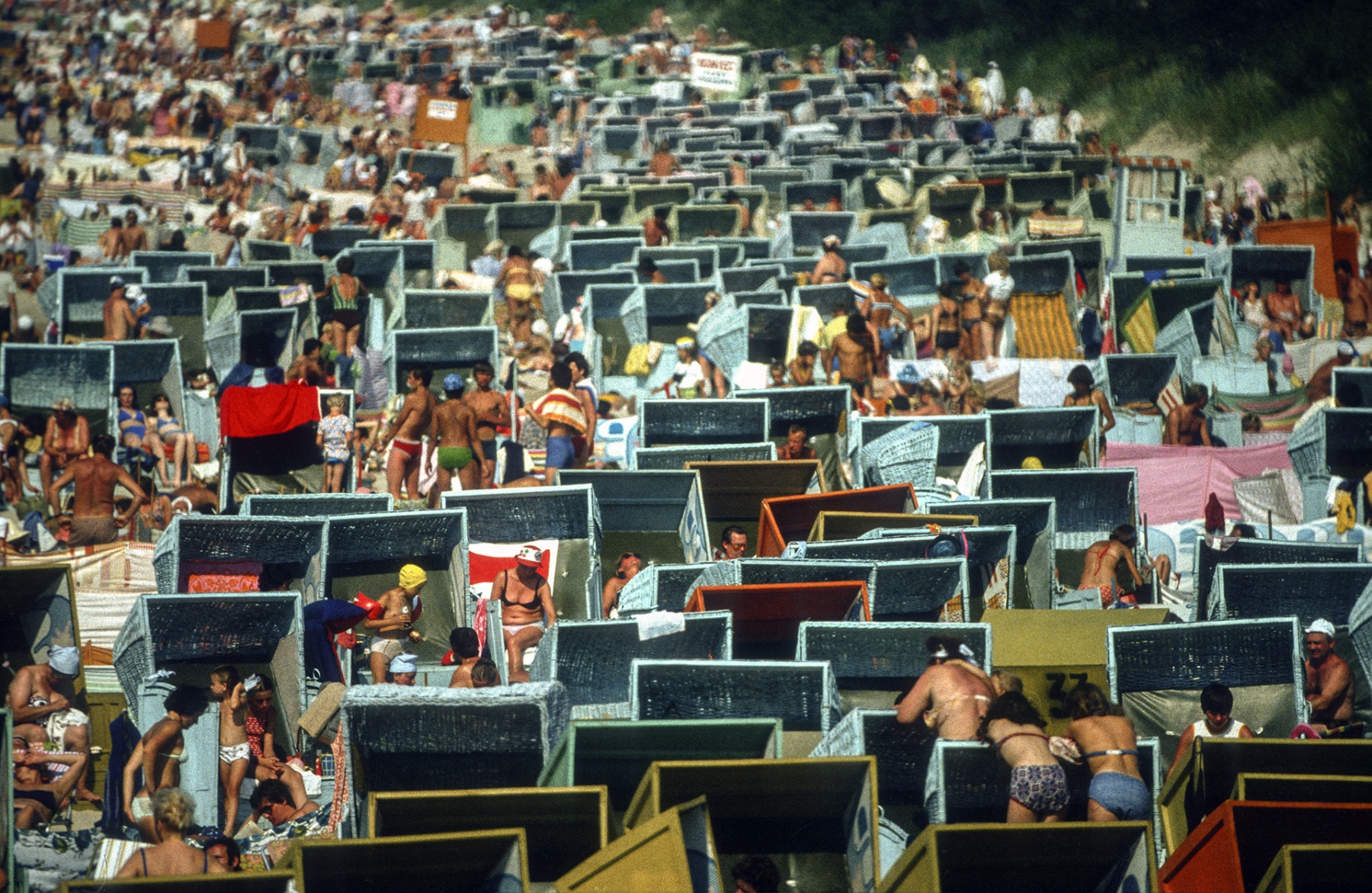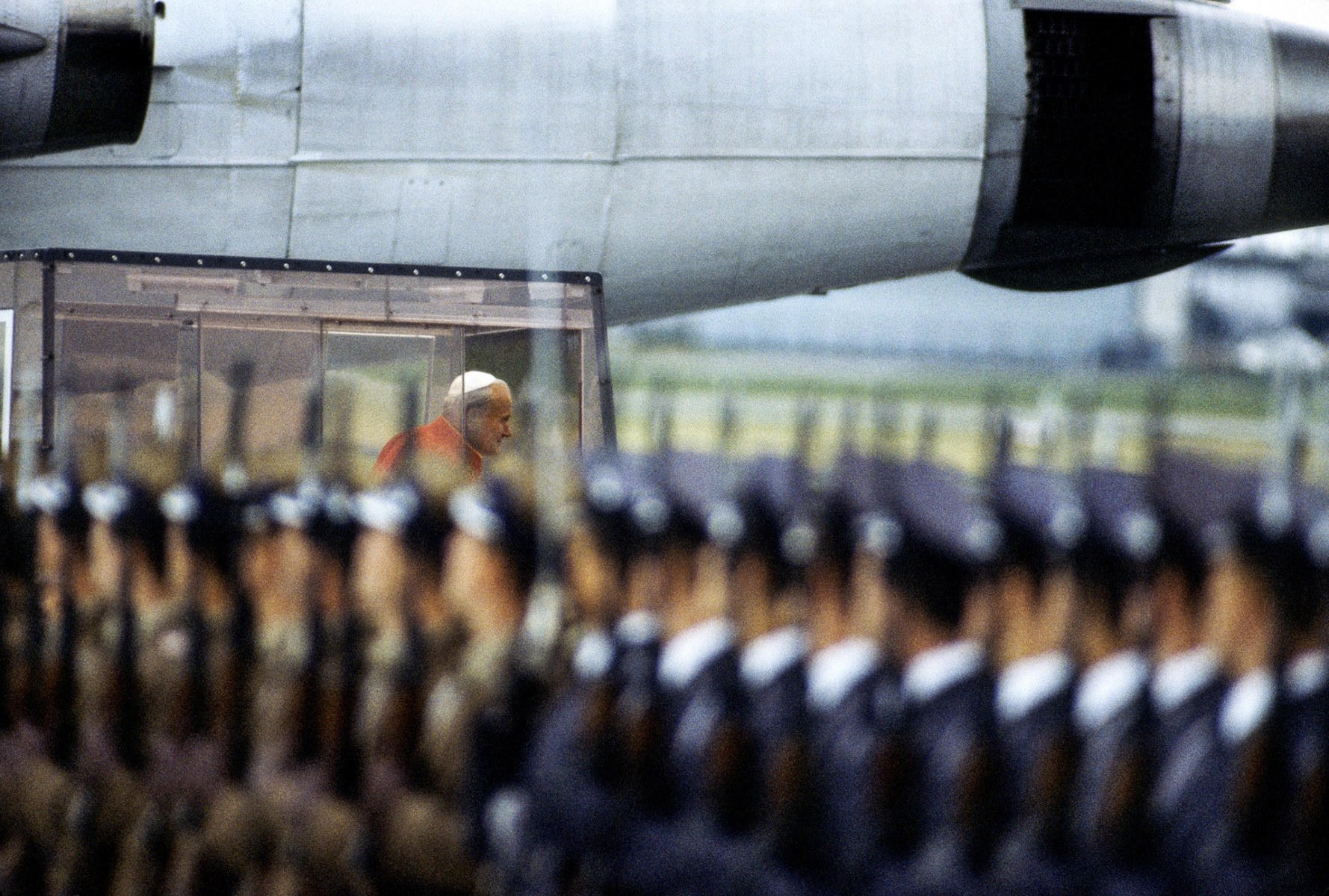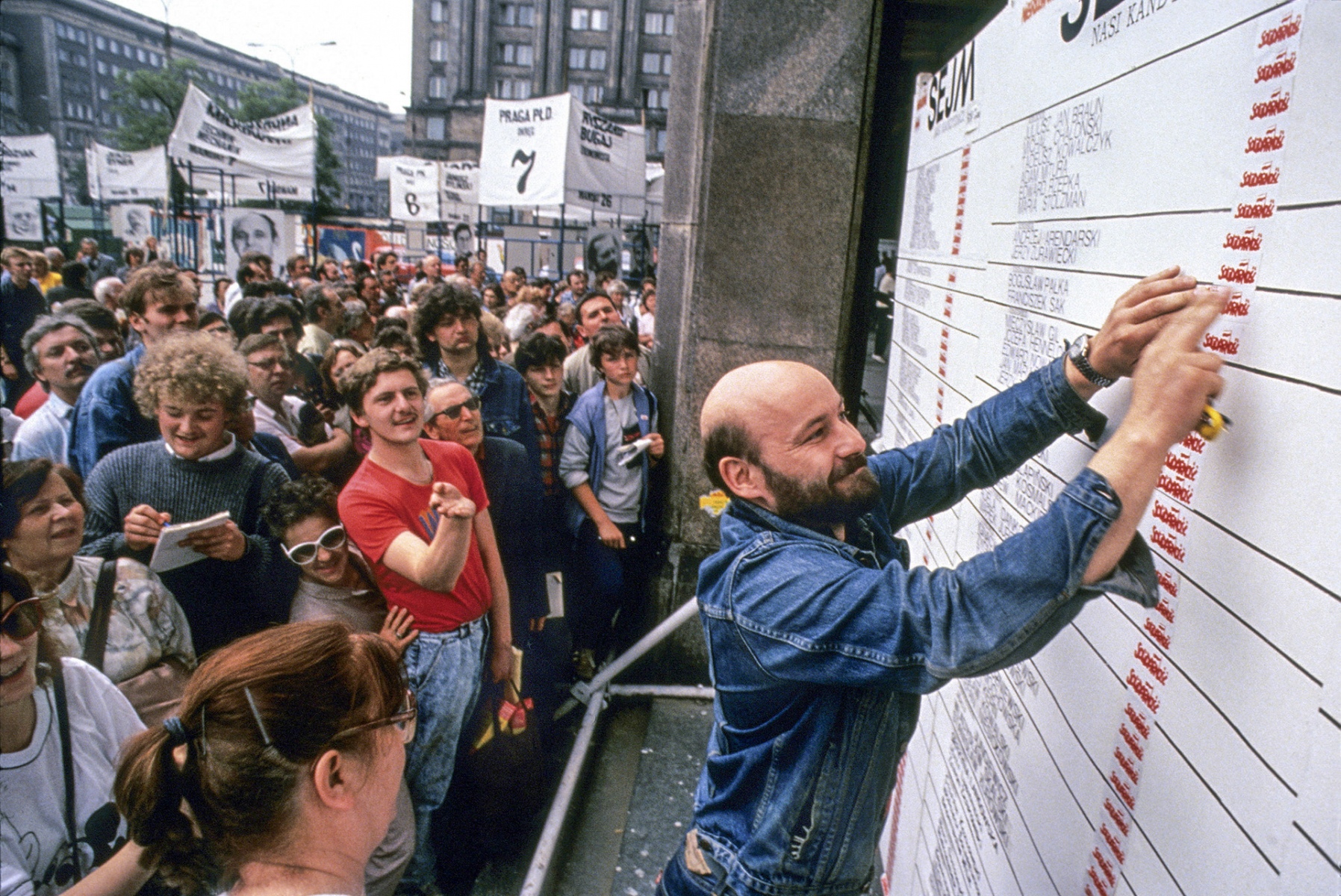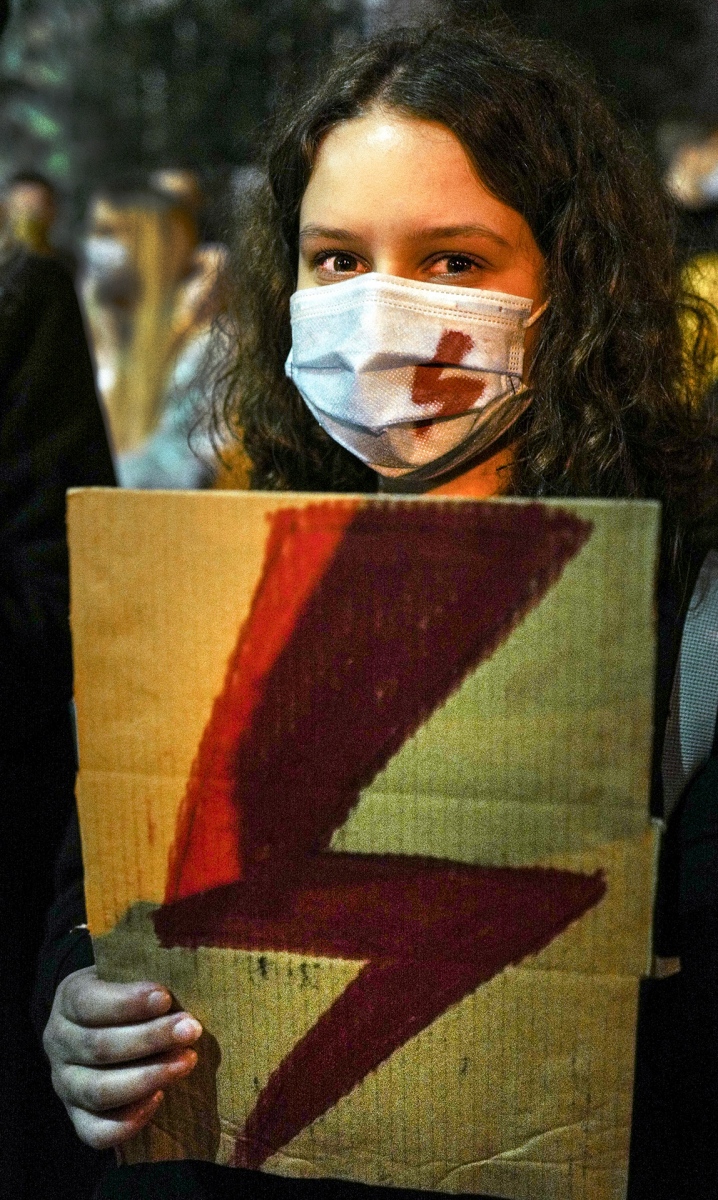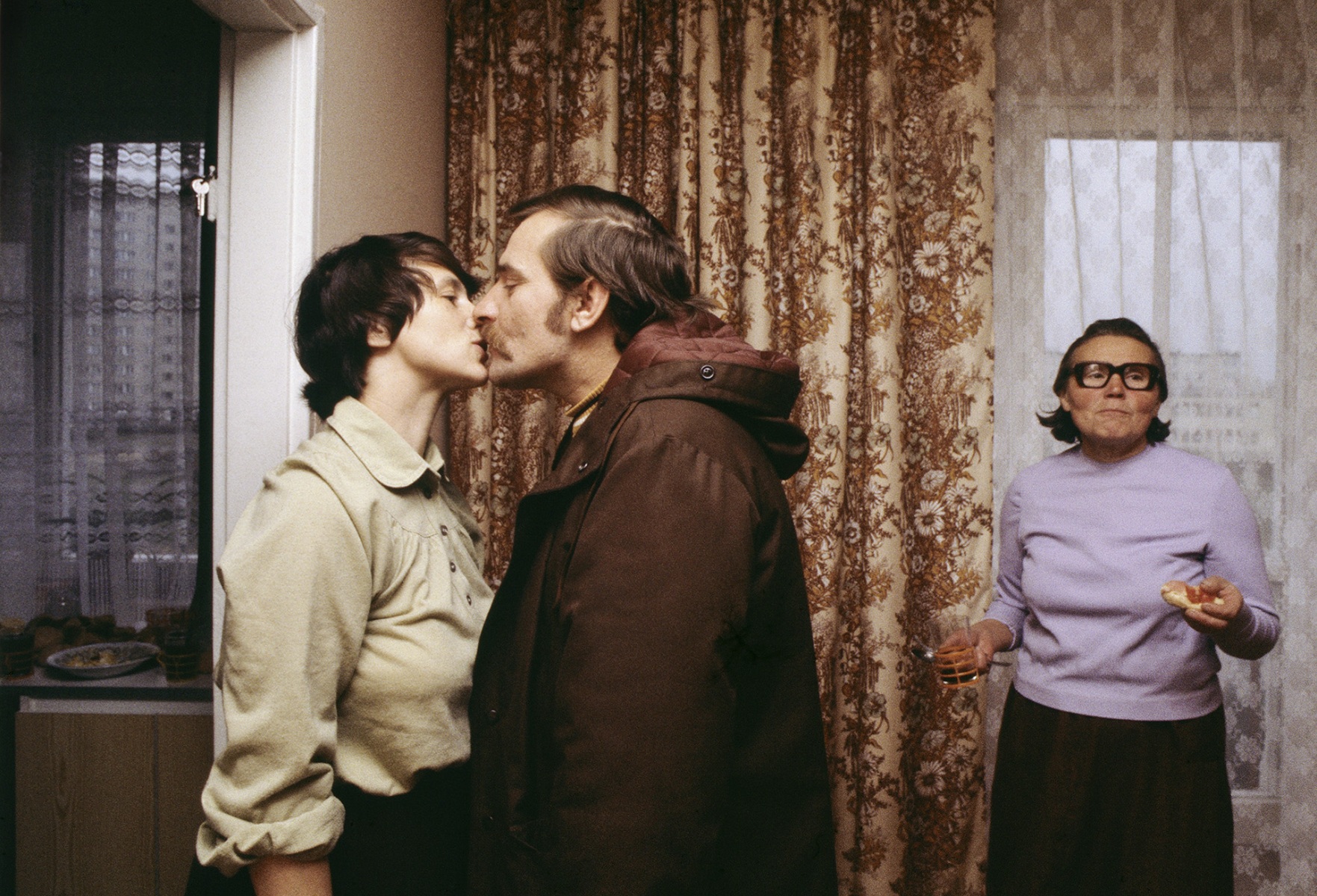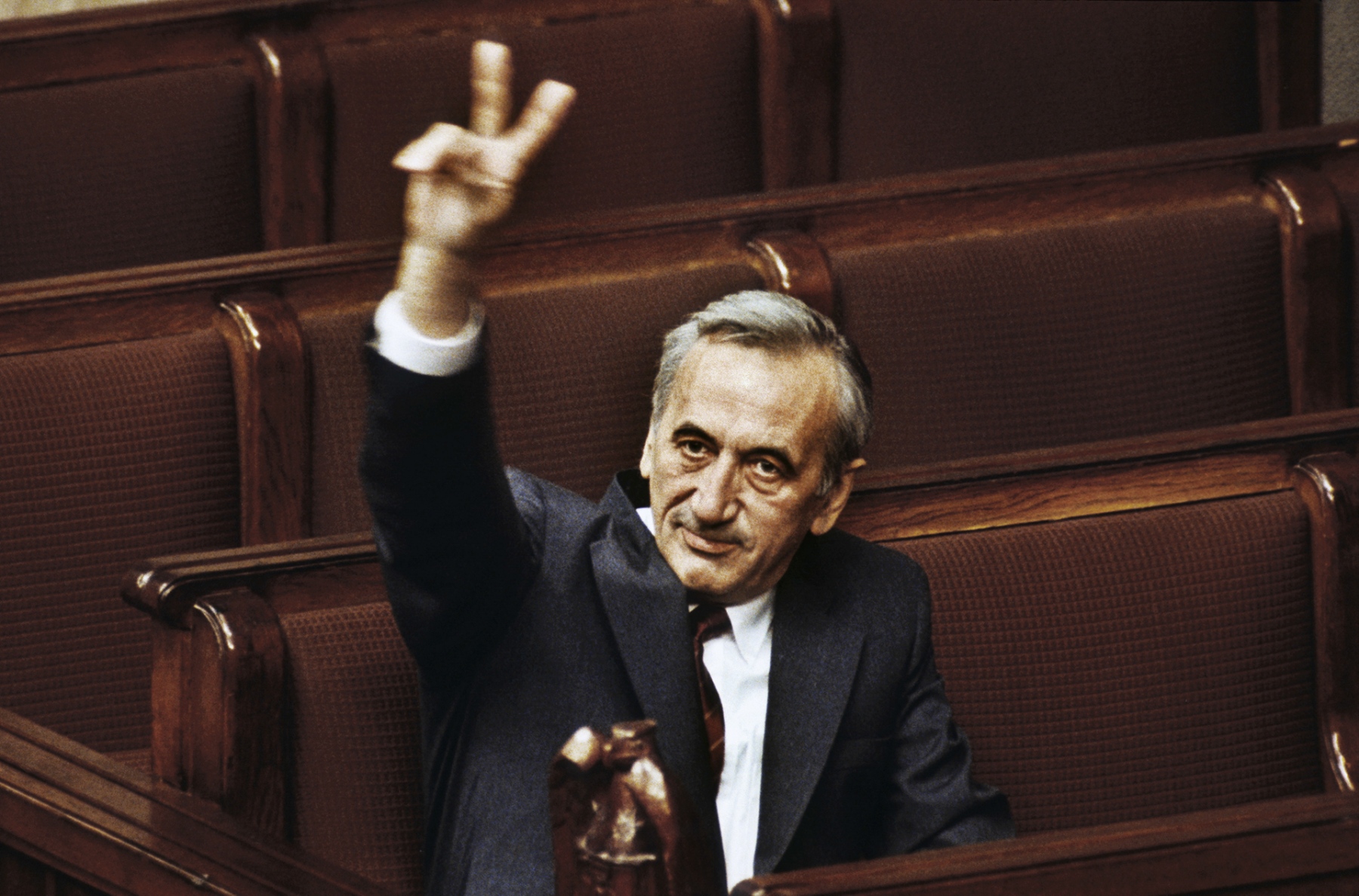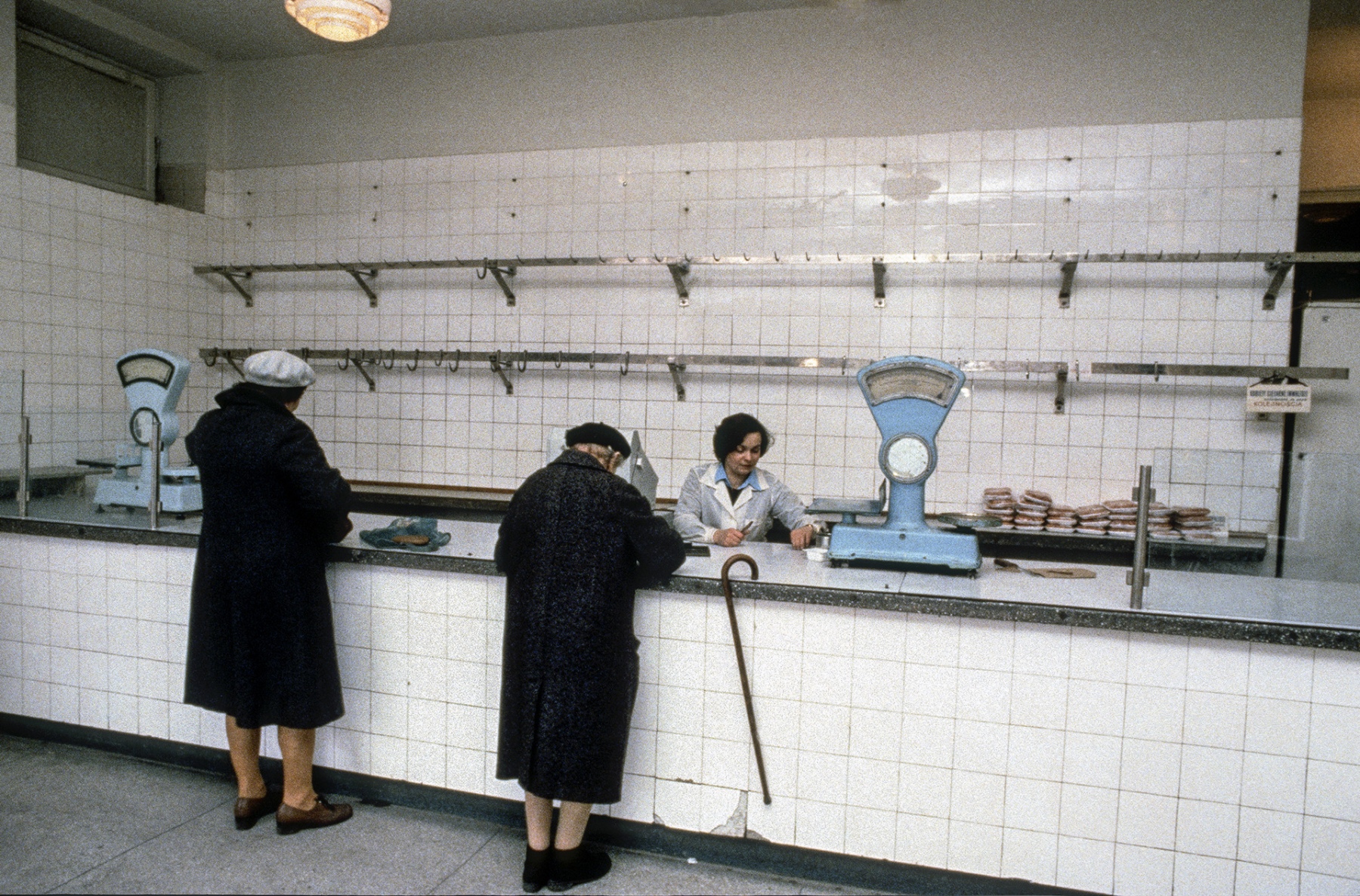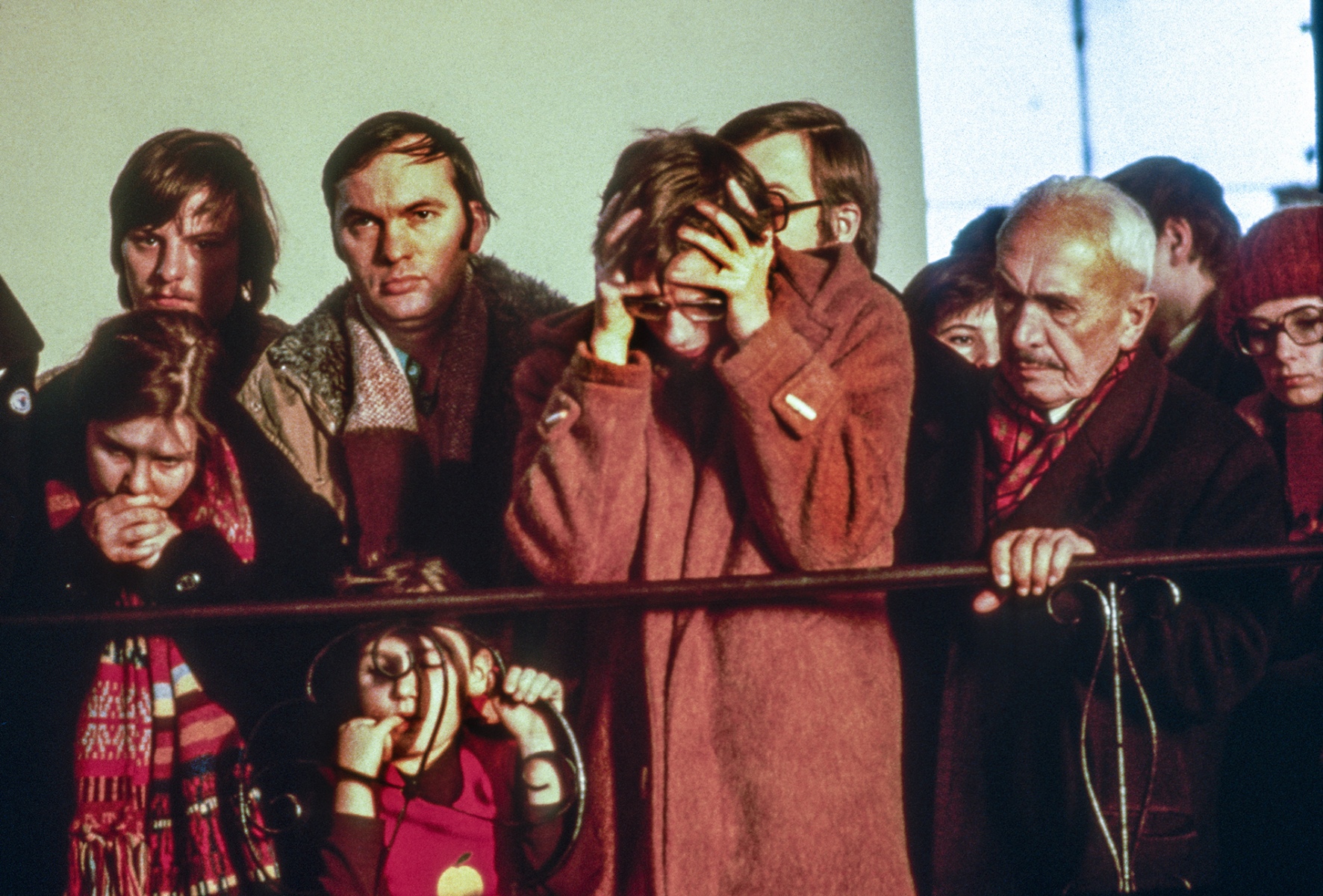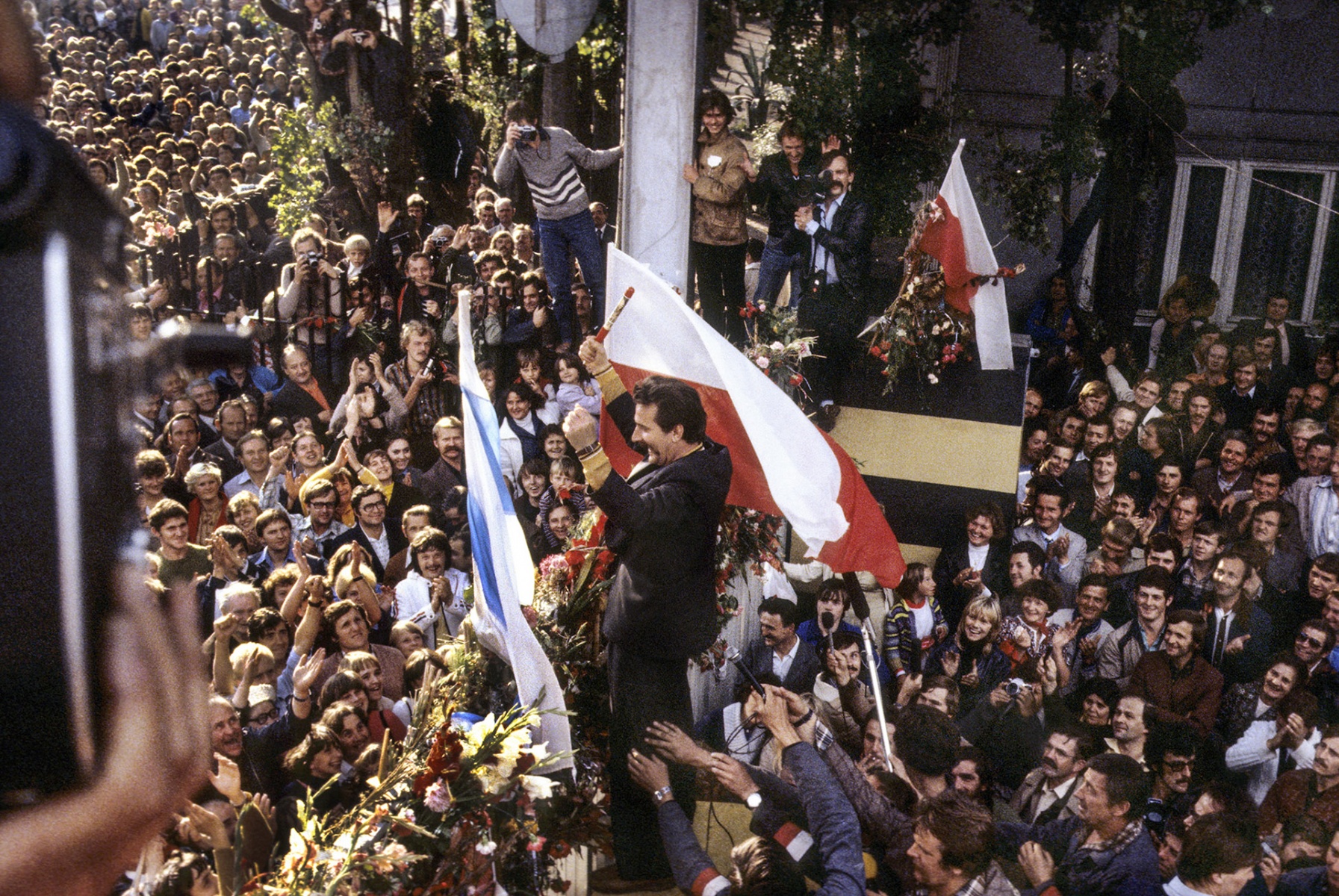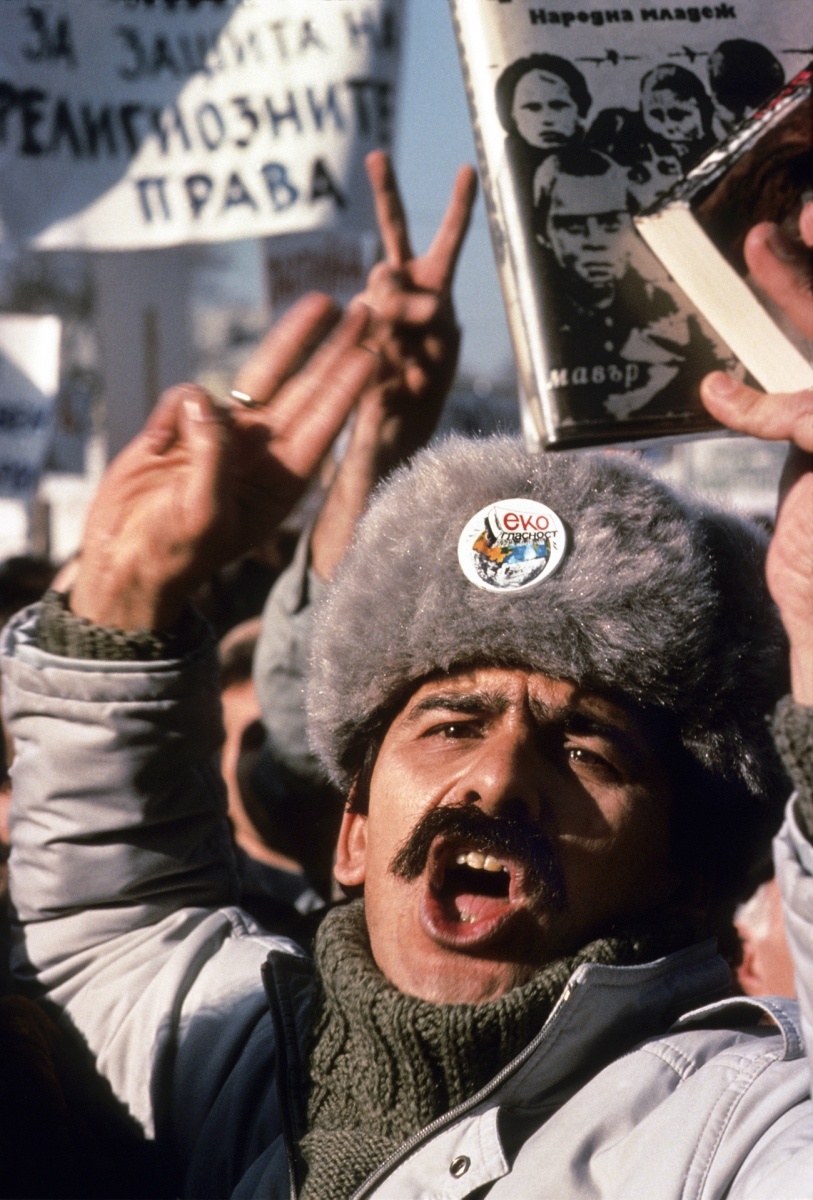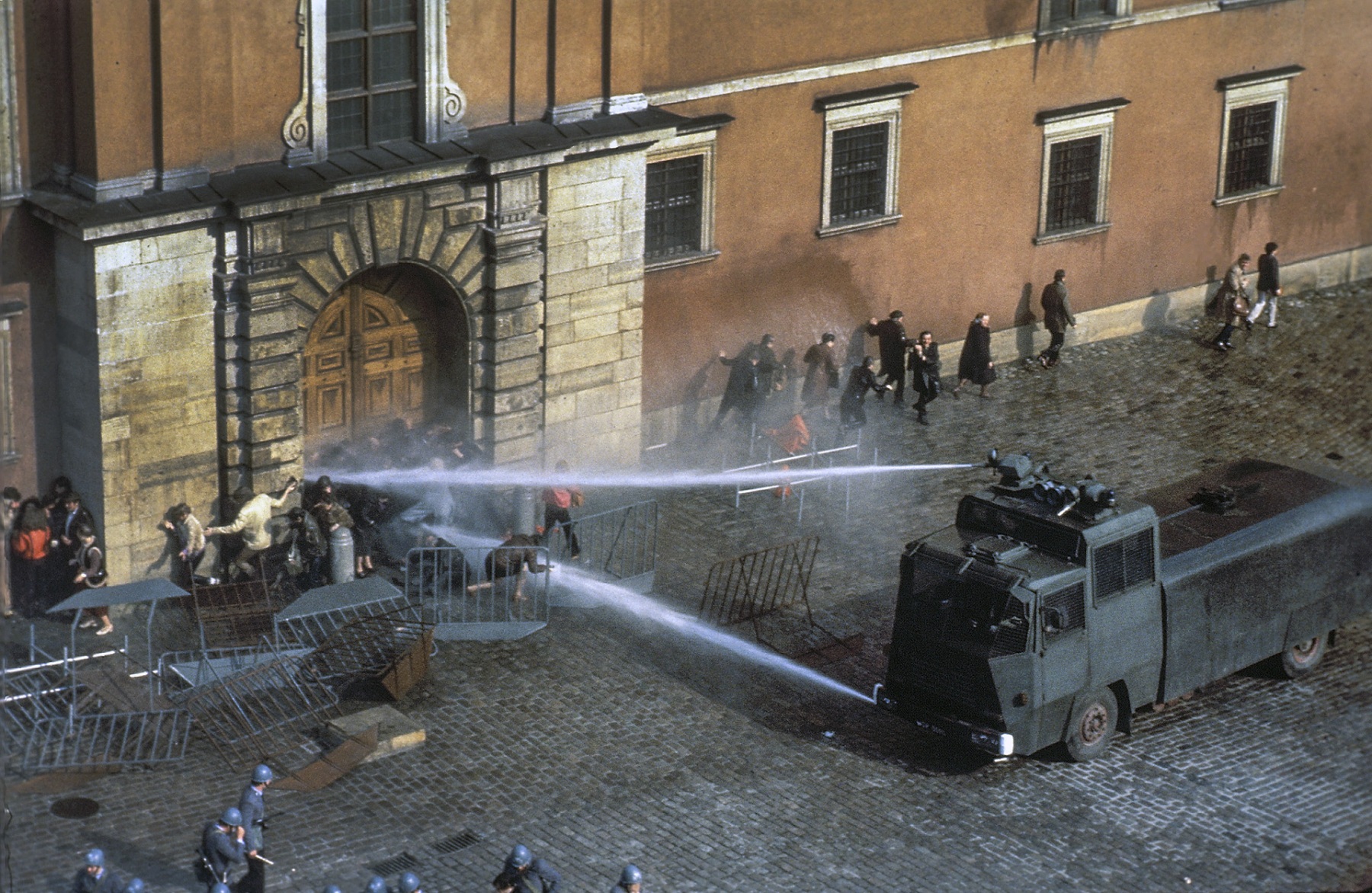Chris Niedenthal
Born in London (1950) of Polish parents. Educated at Cardinal Vaughan Grammar school in London and Belmont Abbey, Hereford. Studied photography at the London College of Printing (now the London College of Communications) 1969-1972.
At the end of his studies he worked as a general dogsbody and photographer at Features International (later called Syndicated Features) for 6 months after which he travelled to Poland in 1973, ostensibly for just a few months and never really returned to his country of birth. Meaning he has lived in Warsaw for nearly 50 years now.
Apart from his London studies, Poland is where he really learnt the hard way – the trade of a freelance photojournalist, waiting 5 years for something to happen. And happen it did: the 1978 election of a Polish Pope put Poland firmly on the map. This led to assignments and a contract for NEWSWEEK, including work on the 1980 strike in the Lenin Shipyard in Gdansk and later the imposition of Martial Law. In 1985 he became a contract photographer for TIME Magazine, covering all of Eastern Europe and the Balkans and as if that wasn’t enough, also the Soviet Union.
It was for TIME that he covered the events of 1989 when the rule of communism in Eastern Europe was more or less ended, usually peacefully. Before that, in 1987 he was awarded a prize in the World Press Photo competition for a portrait of the Hungarian communist leader Janos Kadar; it was also a cover photograph for the European edition of TIME.
After the 1989 transformation of Eastern Europe he worked for several years on assignments for the German weekly Der Spiegel, and later on a personal project about mentally handicapped children, then a subject largely forgotten about in this part of the world.
For the last six years he has documented the protests and demonstrations against the right-wing Polish government that came into power in 2015.
Organising his extensive photo archive is an ongoing (and seemingly never-ending) project. He has had several albums published in Poland (including one about his work in 1989 and another about the years of Martial Law), as well as an autobiography (unfortunately only in Polish). As well as holding exhibitions of his work in various Polish towns and cities, he holds talks and slideshows about his work during the bad old days and today.
